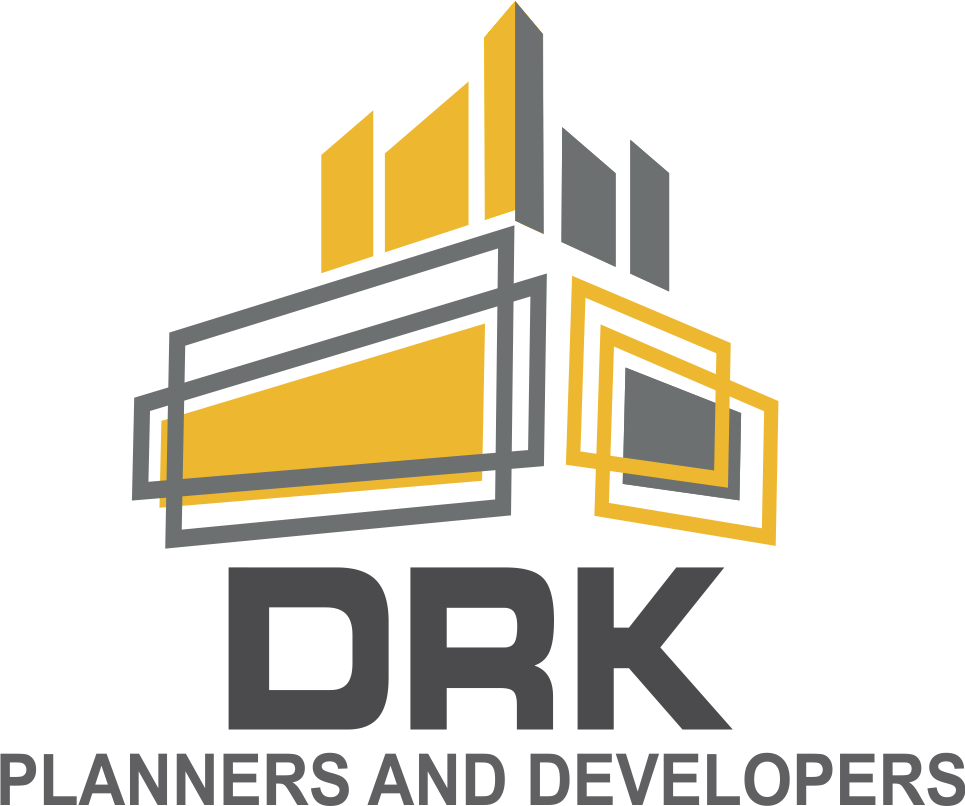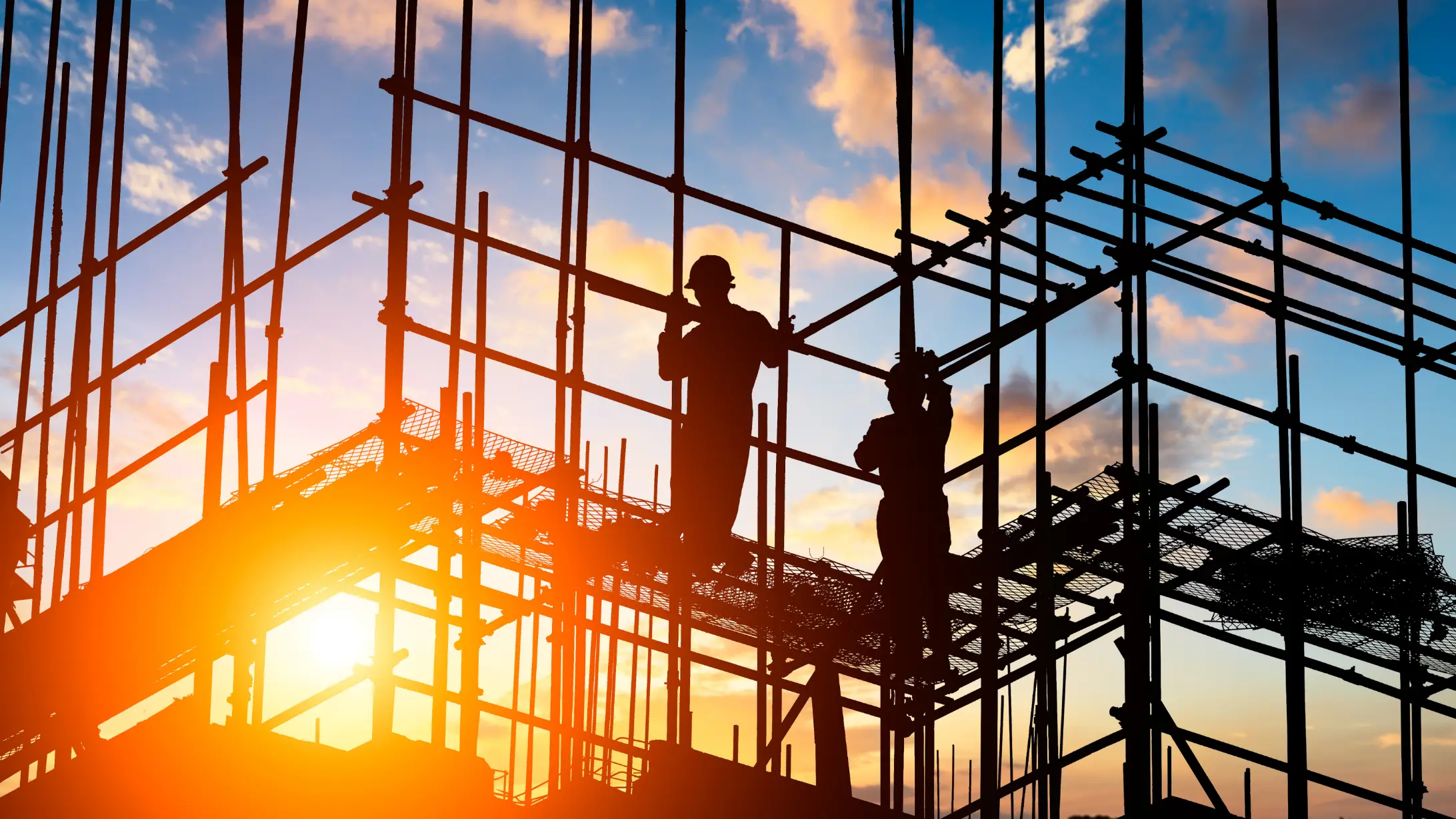Residential Construction
Home >> Residential Construction
Submit your request
Introduction to Residential Construction
- What is Residential Construction?
- Definition and Scope: Define residential construction and explain its importance in providing housing solutions.
- Types of Residential Projects: Differentiate between new home construction, renovations, and additions.
- Key Phases of Residential Construction
- Overview: Provide a high-level overview of the main phases in residential construction: planning, design, construction, and finishing.
Planning and Design
- Defining Your Needs and Goals
- Identifying Requirements: How to assess and define your needs and goals for a new home or renovation.
- Budget Considerations: Tips for establishing a realistic budget and setting financial priorities.
- Choosing the Right Site
- Site Selection: Factors to consider when choosing a site for new construction, including location, size, and zoning.
- Site Preparation: What to expect in terms of site preparation and potential costs.
- Designing Your Home
- Architectural Design: Importance of working with an architect or designer to create detailed plans and blueprints.
- Interior Layout: Considerations for designing functional and aesthetically pleasing interior spaces.
- Sustainable Design: Incorporating eco-friendly materials and energy-efficient features.
- Permits and Approvals
- Understanding Regulations: Overview of necessary permits and approvals for residential construction.
- Navigating Local Codes: Tips for ensuring compliance with local building codes and zoning laws.
Construction Process
- Selecting Contractors and Builders
- Choosing a Builder: How to select a reputable builder or general contractor.
- Contractor Agreements: Important aspects of contracts and agreements with contractors.
- Construction Timeline
- Project Scheduling: What to expect in terms of the construction timeline and major milestones.
- Managing Delays: Strategies for handling delays and unexpected issues.
- Construction Phases
- Site Preparation: Steps involved in clearing and preparing the site.
- Foundation Work: Overview of different types of foundations and their construction.
- Framing and Structure: Description of framing, roofing, and other structural elements.
- Systems Installation: Installing essential systems such as plumbing, electrical, and HVAC.
- Interior and Exterior Finishes: Details on finishing work, including drywall, painting, flooring, and exterior finishes.
Post-Construction
- Inspection and Quality Assurance
- Final Inspections: Importance of final inspections and quality checks before moving in.
- Addressing Issues: How to handle any issues or deficiencies identified during the final inspection.
- Move-In Preparation
- Preparing for Move-In: Tips for preparing your home for occupancy, including cleaning and organizing.
- Utilities and Services: Setting up utilities and essential services.
- Maintenance and Care
- Routine Maintenance: Recommendations for ongoing maintenance to keep your home in good condition.
- Homeowner’s Guide: Creating a homeowner’s manual with information on home systems and maintenance.
Renovations and Additions
- Planning Renovations
- Scope of Work: Defining the scope of renovation projects, from minor updates to major remodels.
- Budgeting: Tips for budgeting for renovations and managing costs.
- Hiring Renovation Professionals
- Selecting Contractors: How to choose contractors for renovation projects.
- Renovation Agreements: Key elements to include in renovation contracts.
- Managing Renovation Projects
- Project Management: Techniques for managing renovations and ensuring timely completion.
- Minimizing Disruption: Strategies for living through a renovation with minimal disruption.
Trends and Innovations
- Current Trends in Residential Construction
- Design Trends: Popular design trends and styles in residential construction.
- Technological Innovations: Advances in construction technology and smart home features.
- Sustainable and Green Building
- Eco-Friendly Materials: Overview of sustainable materials and building practices.
- Energy Efficiency: Implementing energy-efficient solutions and systems.
Case Studies and Examples
- Successful Residential Projects
- Project Highlights: Showcase examples of successful residential construction projects.
- Lessons Learned: Key takeaways and lessons from real-world projects.
- Before and After
- Transformations: Before-and-after examples of home renovations and remodels.
- Impact of Design Choices: How design choices affected the final outcome.
General Tips for Content Creation
- Visuals and Diagrams: Use diagrams, floor plans, and photos to illustrate different stages of construction and design ideas.
- Glossary of Terms: Include a glossary to define technical terms and jargon related to residential construction.
- Expert Insights: Feature advice and insights from architects, builders, and interior designers.
- Interactive Tools: Offer tools like budgeting calculators, renovation planners, or design visualizers to engage users.
By providing detailed and practical information on residential construction, you can help users navigate the complexities of building or renovating homes and make informed decisions throughout the process.
OUR PORTFOLIO
HOW IT WORKS?

1
Your Requirement

2
Cost Estimation

3
Schedule Visit

1
Work Execution

1
Work Execution
WHY CHOOSE DRK PLANNERS & DEVELOPERS

Professional Service
Highly experienced Design & Construction team to provide the best service possible. We make sure your experience is stress-free and easy from the beginning until the end.

Insured work
We've got you covered! Your building is insured with us, so you don't have to fret about any issues that may arise after construction. We're just a call or click away, ready to assist you whenever you need us.

100% Transparency
We believe in transparency, which is why we never hide any charges from you. Every detail is crystal clear, so you can trust us to be upfront and honest. Bringing transparency to our services is one of our fundamental values.
Digital Tracking
We've made tracking your work progress easier than ever before. With a simple login, you can digitally monitor and manage every aspect of your work site, giving you complete control and visibility over the project.

Quality Assurance
Rest assured that you're getting the right quality at the right price with us. We don't overcharge, and we never compromise on the quality of our products. You can say goodbye to substandard materials when you work with us.

On Time Delivery
Missing a deadline is not an option for us. We always deliver on time, every time, and we take pride in our ability to do so. Our commitment to on-time delivery means that you won't have to worry about any unexpected cost overruns.

Flexible Pricing Models
We get it - rigid pricing models can be a hassle. That's why we offer personalized quotes that are tailored to your specific needs and preferences.

Curbing Malpractices
We have put a check on Malpractices. With our new age technology assistance, we have curbed all the Fraudulent practices.

No Cost Over Runs
We stand by our promise of a 100% No Cost Overrun Policy, which means that you won't have to worry about unexpected expenses popping up during the project.
BLOGS
Tips for Successful Land Development Projects
Introduction: Land development projects require careful planning, coordination, and execution to ensure their success. In this blog post, we will
The Importance of Sustainable Construction Practices
Introduction: Sustainable construction practices have gained significant attention in recent years due to the growing concern for the environment and
The Future of Construction Technology: Trends to Watch
Technology is rapidly transforming the construction industry, revolutionizing traditional processes and enhancing productivity, safety










